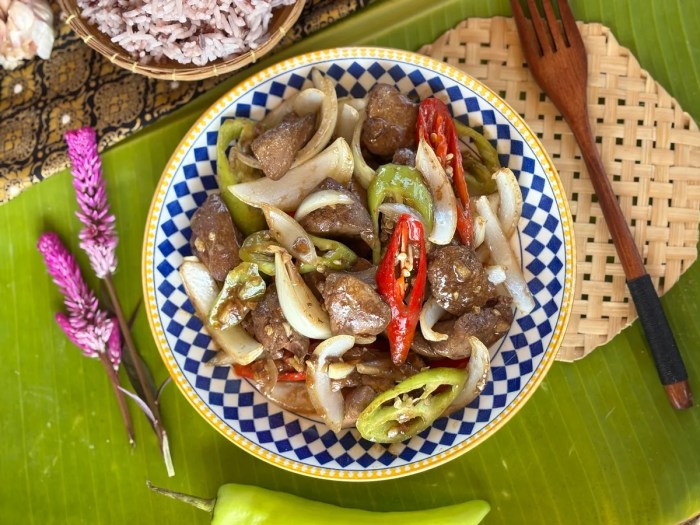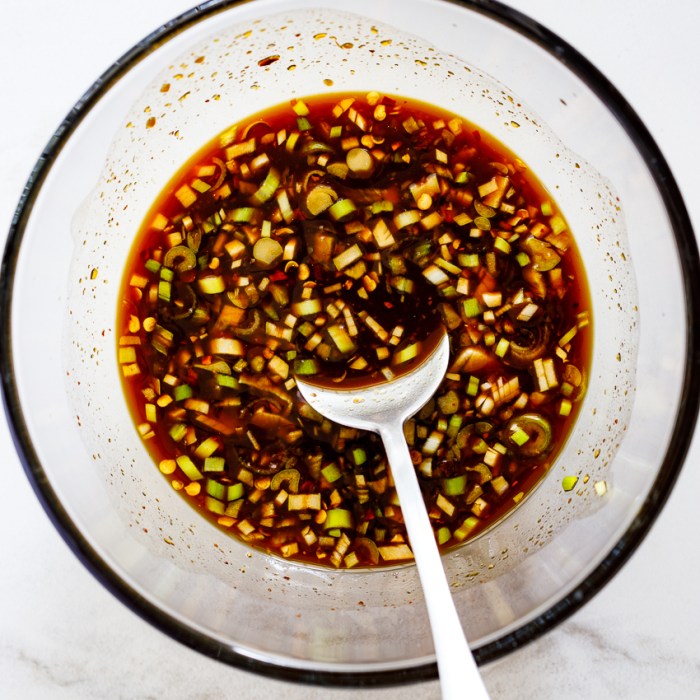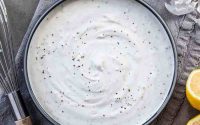Easy Chicken Stir Fry Sauce Recipe
Easy Chicken Stir-Fry Sauce: Recipe Variations, Substitutions, and More: Easy Chicken Stir Fry Sauce Recipe
Easy chicken stir fry sauce recipe – This guide delves into the versatility of a basic chicken stir-fry sauce, exploring recipe variations, ingredient substitutions, cooking methods, serving suggestions, nutritional information, scaling, and storage techniques. We’ll cover everything you need to know to create a delicious and adaptable stir-fry sauce every time.
Recipe Variations
Three distinct flavor profiles are explored below, each offering a unique taste experience. These variations highlight the adaptability of the base recipe, allowing for customization based on individual preferences.
| Variation | Main Flavor | Key Ingredients | Notes |
|---|---|---|---|
| Sweet and Savory | Balanced sweetness and savory notes | Soy sauce, honey, rice vinegar, ginger, garlic | Ideal for those who prefer a milder, more approachable flavor. |
| Spicy | Bold, spicy kick | Soy sauce, sriracha, sesame oil, ginger, garlic, red pepper flakes | Adjust the amount of red pepper flakes to control the spice level. |
| Tangy | Bright, citrusy tang | Soy sauce, lime juice, fish sauce, ginger, garlic, brown sugar | The fish sauce adds a depth of umami that complements the lime juice beautifully. |
Ingredient Substitutions, Easy chicken stir fry sauce recipe
Several ingredients can be substituted to cater to dietary restrictions or preferences, impacting the final flavor and texture. The following list details some common substitutions and their effects.
- Soy Sauce: Tamari (gluten-free), coconut aminos (lower sodium), or liquid aminos offer similar salty umami notes. Tamari will result in a slightly sweeter taste, while coconut aminos have a slightly sweeter and nuttier flavor. Liquid aminos provide a cleaner, less intense umami profile.
- Honey: Maple syrup, agave nectar, or brown sugar can replace honey, adjusting sweetness levels accordingly. Maple syrup adds a distinct caramel-like sweetness, while agave offers a milder sweetness. Brown sugar adds a molasses-like complexity.
- Ginger: Fresh ginger can be substituted with ground ginger (use approximately 1/3 the amount), though the fresh ginger offers a more vibrant and pungent flavor.
- Garlic: Garlic powder can be used as a substitute, but fresh garlic provides a more intense and nuanced flavor. Use about 1 teaspoon of garlic powder for every clove of fresh garlic.
- Rice Vinegar: Apple cider vinegar or white wine vinegar can be used, offering a slightly different acidity and flavor profile. Apple cider vinegar lends a fruitier note, while white wine vinegar offers a sharper, more acidic taste.
Cooking Methods and Techniques
Both stovetop and slow cooker methods yield delicious results, each with its own advantages. The stovetop method offers quicker cooking, while the slow cooker allows for more hands-off preparation.
Stovetop Method: Sauté aromatics (garlic, ginger) in oil. Add sauce ingredients and simmer until slightly thickened.
Slow Cooker Method: Combine all sauce ingredients in the slow cooker and cook on low for 2-3 hours, or until desired consistency is reached.
Serving Suggestions
This versatile sauce complements a variety of proteins and side dishes. The following table provides five unique serving suggestions, showcasing the sauce’s adaptability.
| Dish Name | Protein | Side Dish | Sauce Modification |
|---|---|---|---|
| Chicken Stir-Fry | Chicken breast | Steamed rice, broccoli | Sweet and Savory variation |
| Shrimp Stir-Fry | Shrimp | Noodles, snow peas | Tangy variation |
| Tofu Stir-Fry | Tofu | Brown rice, bok choy | Spicy variation |
| Pork Stir-Fry | Pork tenderloin | Quinoa, bell peppers | Sweet and Savory variation |
| Vegetable Stir-Fry | Various vegetables | Couscous, edamame | No modification needed |
Visual Representation of the Recipe
Sweet and Savory: A rich, amber-colored sauce with a glossy sheen and smooth consistency. The honey provides a subtle shine, while the soy sauce contributes to its depth of color.
Spicy: A vibrant, reddish-orange sauce with a slightly thicker consistency due to the addition of sriracha. The red pepper flakes add speckles of red throughout.
Tangy: A lighter, translucent sauce with a bright, yellowish-orange hue from the lime juice and brown sugar. Its consistency is thinner and more fluid compared to the other variations.
Nutritional Information
Nutritional values are approximate and will vary depending on specific ingredients and quantities used. This information provides a general guideline for a typical serving.
| Nutrient | Amount per Serving |
|---|---|
| Calories | Approximately 150-200 |
| Protein | 5-10g |
| Carbohydrates | 15-25g |
| Fat | 5-10g |
Recipe Scaling

Source: hungryinthailand.com
To adjust the recipe, multiply or divide all ingredient quantities by the same factor. Doubling the recipe involves multiplying all quantities by 2, while halving requires dividing all quantities by 2.
Example (Doubling): If the original recipe calls for 1/4 cup soy sauce, you would use 1/2 cup when doubling.
Storage and Reheating

Source: simply-delicious-food.com
Store leftover sauce in an airtight container in the refrigerator for up to 3-4 days. Reheat gently on the stovetop or in the microwave, avoiding high heat to prevent scorching or separation.
Improper storage (e.g., leaving at room temperature) can lead to bacterial growth, while excessive heat during reheating can alter the texture and flavor.
User Queries
Can I use frozen chicken?
Yes, ensure the chicken is fully thawed and patted dry before cooking to prevent steaming.
How long does the sauce last in the refrigerator?
Crafting a delicious and easy chicken stir-fry sauce is all about balance. For a richer, creamier sauce without the heaviness, consider incorporating elements inspired by lighter sauces; a great example is found in this easy alfredo sauce recipe without heavy cream , which offers techniques for achieving creaminess without heavy cream. Adapting these techniques can elevate your chicken stir-fry sauce to a new level of flavor and texture.
Properly stored in an airtight container, the sauce will last for 3-5 days in the refrigerator.
Can I make this sauce ahead of time?
Yes, the sauce can be made ahead of time and stored in the refrigerator until ready to use.
What if I don’t have all the ingredients?
The recipe provides substitution options for many ingredients; consult the ingredient substitution section for guidance.
Is this recipe gluten-free?
It depends on the soy sauce used. Choose a gluten-free soy sauce alternative for a gluten-free version.



